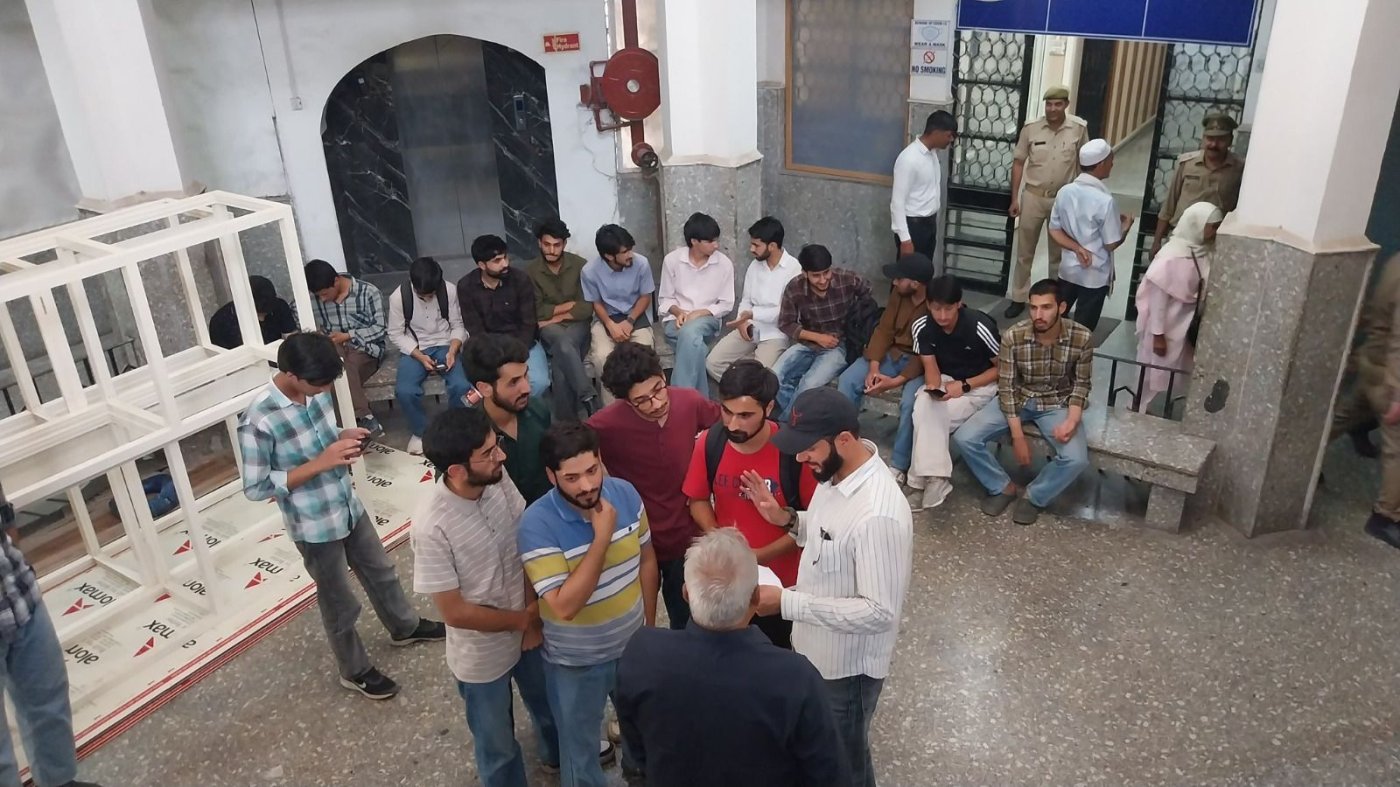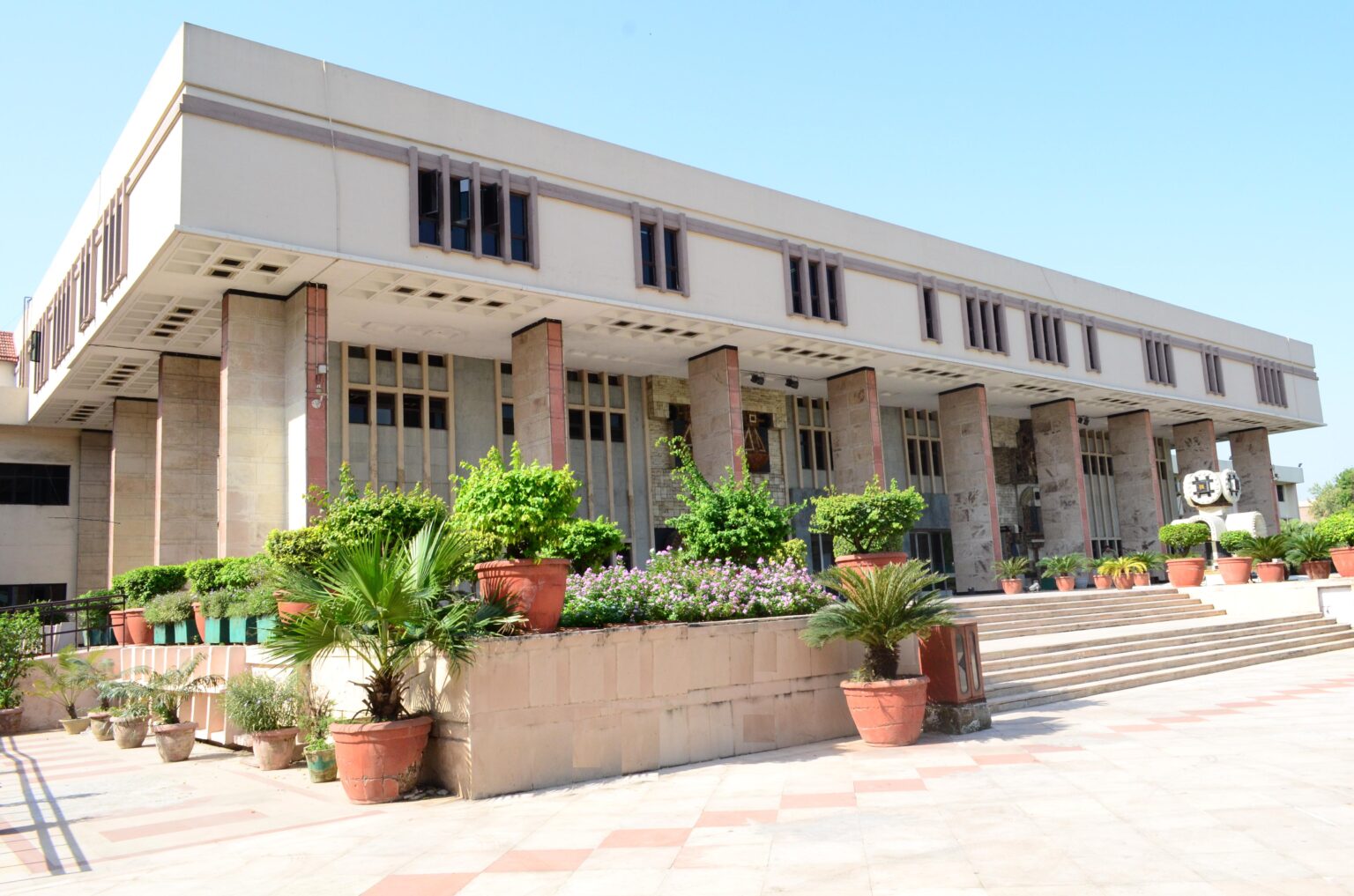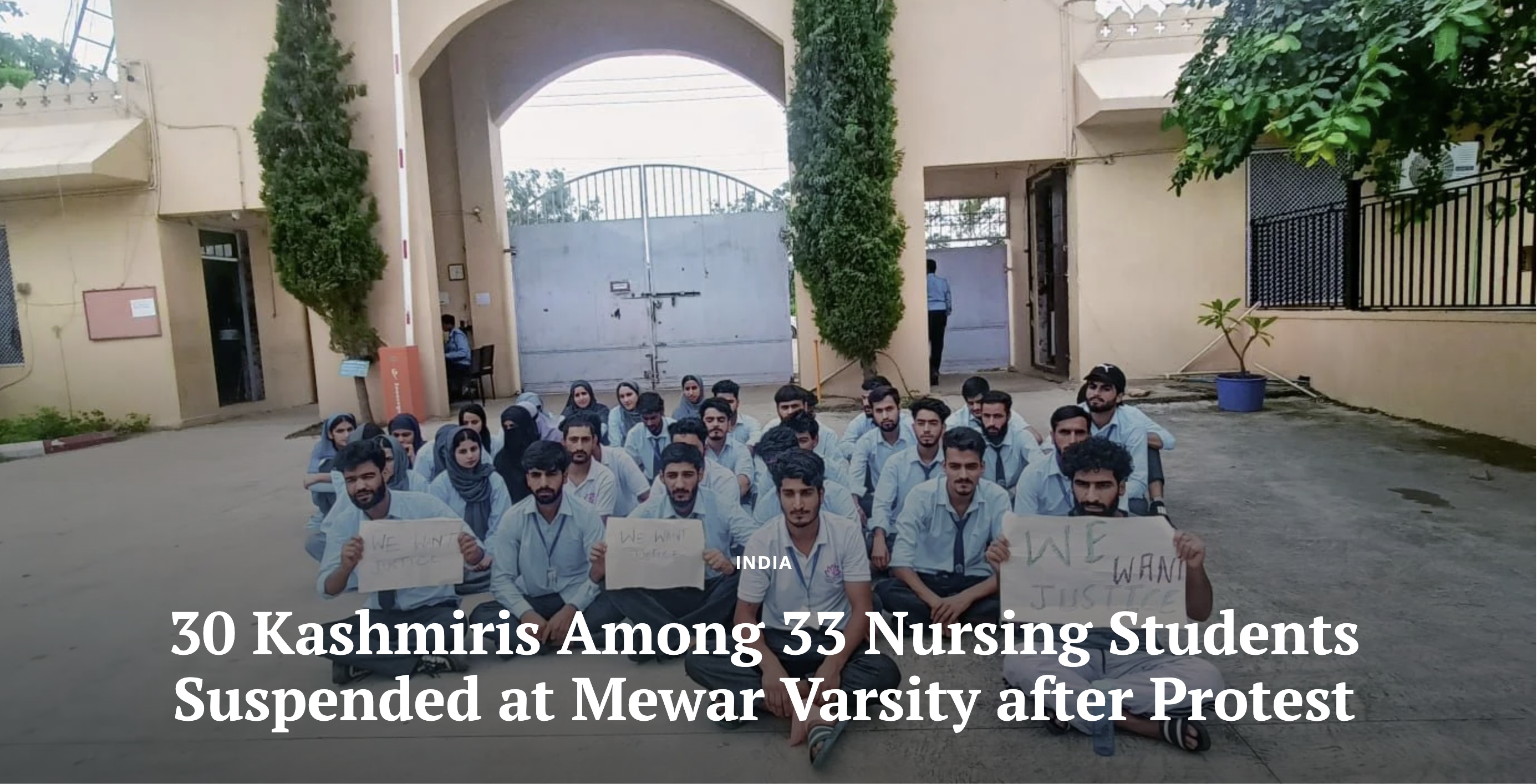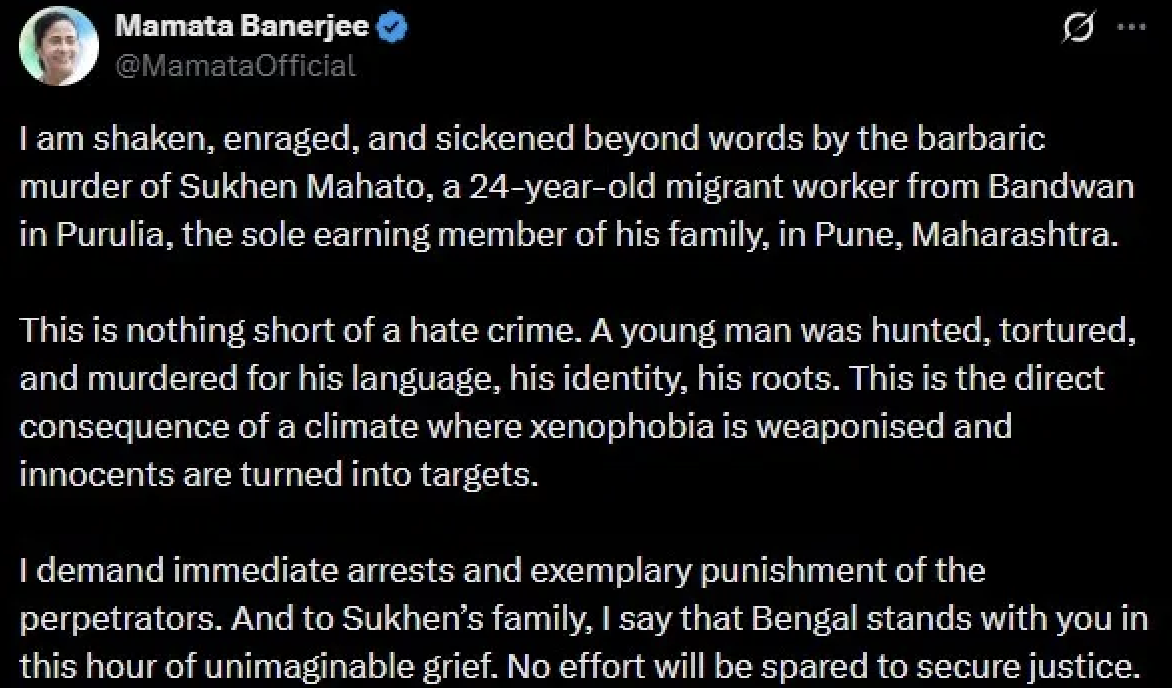
By Masrat Nabi
Delhi: During a phone conversation, Areeba, a 22-year-old student from Kashmir who lives in Chandigarh, recounted how her friend, also from Kashmir, was travelling to the airport on Thursday morning when strangers stopped her and pulled her out of her cab, causing a bruise.
They shouted, she said, “You Kashmiris are the ones responsible for attacks like the one in Pahalgam; you support them.”
Since then, Areeba, a radiology student at Rayat Bahra University, who asked that her last name not appear, has locked herself in her rented room, fearing the same backlash.
“We are stuck. We can’t go outside, and we can’t go home. Even booking a cab to the airport feels like risking our lives,” Areeba said, her voice breaking. “I feel like a prisoner here, just because I’m Kashmiri, just because I’m Muslim. This flat that was once my home feels like a cage now.”
In the wake of a deadly terrorist attack that claimed the lives of 24 Indians and two foreigners in the popular tourist town of Pahalgam in central Jammu and Kashmir, Kashmiris living in at least three northern states (Uttarakhand, Uttar Pradesh, and Punjab) and in Jammu, and faced reprisals, fueled by right-wing groups, and hatred against them on social media surged.
In Uttarakhand, members of the Hindu Raksha Dal, a vigilante group, threatened Kashmiri Muslim students in Dehradun, demanding they leave the state “or face consequences”.
This story was originally published in article-14.com. Read the full story here.






